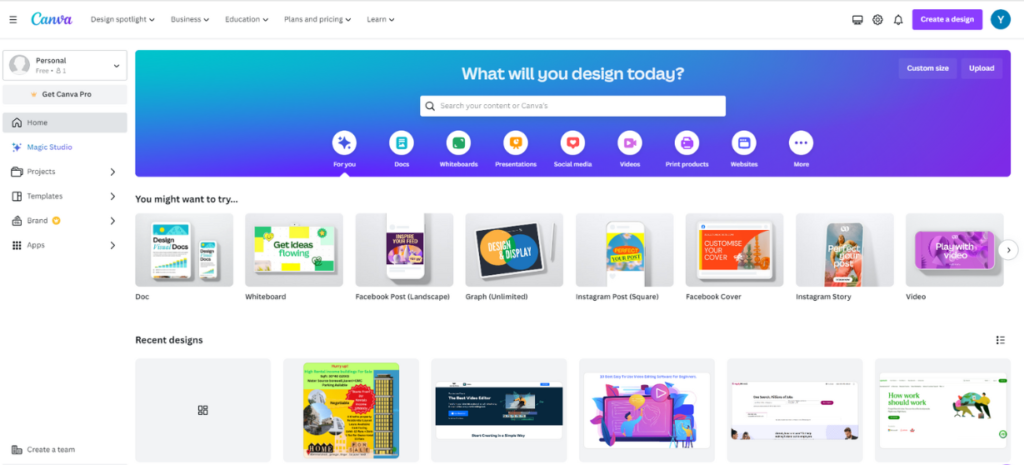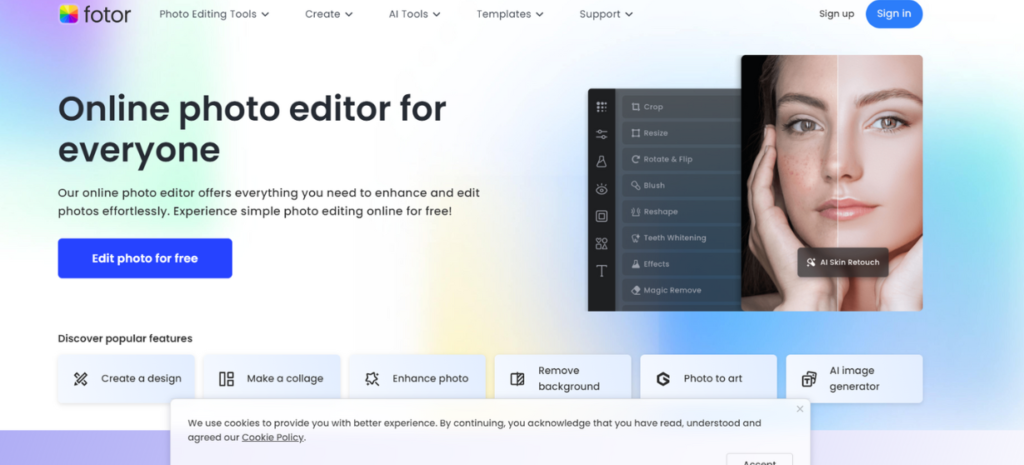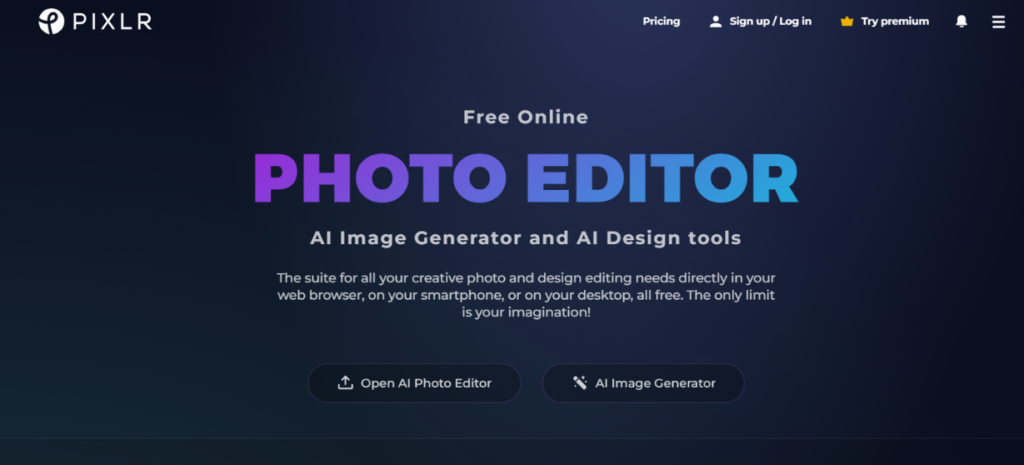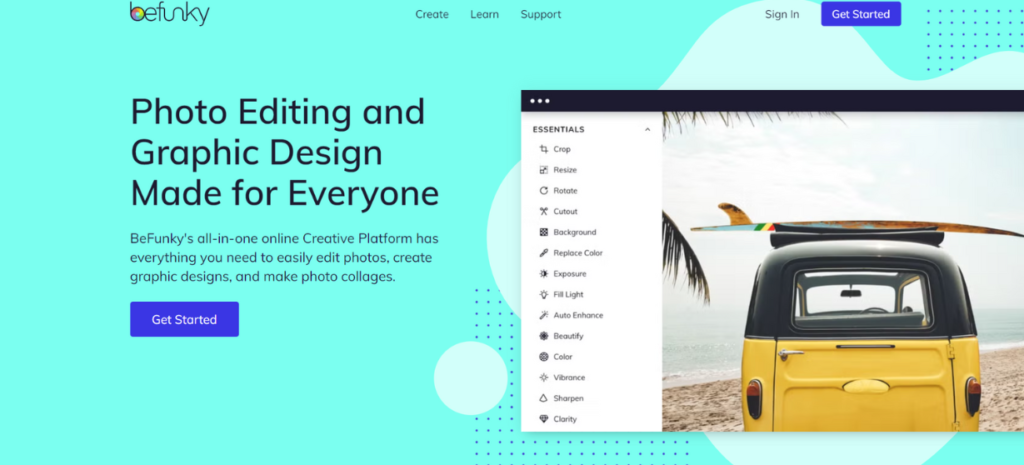Introduction à Vinci Spin Casino Le monde des casinos en ligne est vaste et compétitif, avec de nombreuses plateformes proposant une gamme …
Best WhatsApp Marketing Tools
- Home
- SEO Tools
- Best WhatsApp Marketing Tools

Best WhatsApp Marketing Tools
- SEO Tools
- Best WhatsApp Marketing Tools
In recent times, WhatsApp has emerged as a potent platform for businesses to establish personal and direct connections with their customer base,With over 2 billion users worldwide, WhatsApp offers a massive potential audience for businesses looking to engage and interact with their customers in real-time.
Recognizing this opportunity, various WhatsApp marketing tools have been developed to help businesses leverage the platform for marketing purposes. From chatbots and automation tools to analytics platforms and integration solutions, these tools offer a wide range of capabilities to streamline communication, drive engagement, and enhance the overall customer experience.
In this guide, we’ll explore some of the most effective WhatsApp marketing tools available, highlighting their features, benefits, and how businesses can use them to maximize their marketing efforts on the world’s leading messaging platform.
1. WhatsApp Business App
The WhatsApp Business App is a free tool designed specifically for small businesses, offering a simple yet effective way to communicate with customers. It allows businesses to set up a professional profile with essential information such as their business name, address, contact details, website link, and a description of their services.
Key Features:
- Automated Messages: WhatsApp Business App allows you to set up automated messages for greetings, away messages, and quick replies, making it easier to engage with customers even when you’re unavailable.
- Labels: Businesses can organize and segment customer contacts using labels, helping manage communication more efficiently.
- Catalogs: Businesses can showcase products or services directly within the app, allowing customers to browse and inquire about specific items without leaving the chat.
- Interactive Messages: Using rich media, businesses can share images, videos, documents, and audio clips, creating a more engaging experience for customers.
How Businesses Can Use It:
- Small businesses can use the app to handle customer inquiries, send promotions, and maintain ongoing communication. It’s a great tool for companies that don’t require complex integrations and need a simple way to stay connected.

2. WhatsApp Business API
For larger enterprises and organizations with significant messaging volumes, the WhatsApp Business API is an ideal solution. Unlike the WhatsApp Business App, the API is designed for integration with a business’s customer relationship management (CRM) system or enterprise software, enabling automated interactions on a larger scale.
Key Features:
- Advanced Automation: With the API, businesses can integrate automated messaging into their workflows, allowing for automatic responses, notifications, and even support chatbots.
- Multi-Agent Support: Multiple team members can use the API simultaneously, providing a more scalable solution for businesses with large customer service teams.
- Rich Communication Services (RCS): This includes features like sending media-rich messages (images, videos, audio) and files, which can be personalized to make the customer experience more engaging.
- Notifications and Alerts: Businesses can send customers timely notifications, such as order confirmations, shipping updates, and appointment reminders, directly through WhatsApp.
How Businesses Can Use It:
- Large-scale businesses can leverage the API to send transaction-based notifications, integrate customer service solutions, and automate a significant portion of their communication, allowing them to scale effectively while maintaining a personal touch.

3. WhatsApp Chatbot Platforms
Chatbots powered by AI can significantly enhance customer interaction on WhatsApp, handling everything from inquiries to transactions. Various third-party WhatsApp chatbot platforms allow businesses to develop and deploy chatbots tailored to their specific needs.
Key Features:
- 24/7 Customer Support: Chatbots can operate around the clock, providing instant responses to customer queries, reducing wait times, and improving customer satisfaction.
- Lead Generation: Chatbots can be programmed to ask qualifying questions and capture lead details, helping businesses gather information for sales teams.
- Transaction Handling: With advanced chatbots, businesses can even facilitate bookings, payments, or product orders directly within the WhatsApp chat.
- Natural Language Processing (NLP): Many chatbot platforms offer NLP capabilities, enabling bots to understand and respond to customer inquiries in a natural, conversational manner.
How Businesses Can Use It:
- Chatbots are ideal for automating frequently asked questions, booking appointments, and handling basic customer support, allowing businesses to save time and improve efficiency. They can be integrated into the WhatsApp Business API to scale customer interactions even further.

4. WhatsApp Marketing Software
Several WhatsApp marketing software solutions are designed to help businesses manage campaigns, send bulk messages, track performance, and automate communication. These tools often come with built-in compliance features to ensure businesses adhere to WhatsApp’s policies and avoid issues like spam.
Key Features:
- Bulk Messaging: These tools allow businesses to send promotional messages to large customer bases in one go, whether it’s product updates, discounts, or personalized offers.
- Campaign Management: Businesses can create and track marketing campaigns, including A/B testing, message delivery reports, and response tracking.
- Automation Tools: Marketing software can automate message sequencing, follow-ups, and engagement flows, allowing businesses to reach customers at the right time.
- Analytics and Reporting: Detailed insights into campaign performance, such as delivery rates, open rates, and response times, can help businesses refine their marketing efforts.
How Businesses Can Use It:
- Businesses can use WhatsApp marketing software to send targeted messages, run promotional campaigns, and track the performance of their efforts in real-time. This can be particularly useful for e-commerce businesses or brands with large customer lists.

5. WhatsApp Business Plugins for CMS Platforms
For businesses using content management systems (CMS) such as WordPress, Shopify, or Wix, there are plugins available that integrate WhatsApp functionality directly into their websites. These plugins allow businesses to connect with customers via WhatsApp without requiring them to leave the site.
Key Features:
- Click-to-Chat Buttons: Plugins allow businesses to add a “WhatsApp chat” button to their website, which enables customers to initiate conversations with just one click.
- Contact Forms Integration: Some plugins integrate WhatsApp with contact forms, allowing businesses to capture inquiries and direct them to the WhatsApp platform for further engagement.
- Customer Support Widgets: Businesses can display WhatsApp widgets for customer service, making it easy for website visitors to ask questions and receive assistance.
How Businesses Can Use It:
- E-commerce websites can install WhatsApp plugins to facilitate easy communication with visitors, answer questions about products, and address concerns during the shopping process. Additionally, this can improve conversion rates by reducing friction in the customer journey.

6. WhatsApp Business Widgets and Click-to-Chat Buttons
WhatsApp widgets and Click-to-Chat buttons are small tools that businesses can add to their websites, email campaigns, or social media pages to enable customers to easily start a conversation with them on WhatsApp.
Key Features:
- Instant Messaging Access: Visitors can reach the business via WhatsApp without needing to search for a contact number or open the app manually.
- Customizable Designs: Buttons and widgets can be customized to match the branding and look of the website, providing a seamless user experience.
- Integration with Social Media: Many tools allow businesses to integrate WhatsApp buttons into their social media profiles, offering a direct communication channel.
How Businesses Can Use It:
- Businesses can add these buttons to their websites or product pages to encourage customers to reach out directly for support or inquiries, improving engagement and reducing friction.

7. WhatsApp Analytics Tools
Analytics tools specifically designed for WhatsApp marketing provide valuable insights into the performance of messaging campaigns, helping businesses make data-driven decisions.
Key Features:
- Message Tracking: These tools track when a message is delivered, opened, and replied to, helping businesses measure engagement and optimize their content.
- Customer Insights: Businesses can gain insights into customer behavior, including response times, interaction frequency, and preferred communication times.
- Campaign Performance Reports: Detailed reports help businesses evaluate the success of individual campaigns, including key metrics like open rates, click-through rates (CTR), and conversion rates.
How Businesses Can Use It:
- Businesses can use analytics tools to track the performance of their WhatsApp marketing campaigns and refine their strategies based on real-time data. This is especially useful for refining targeted messaging and improving the overall customer experience.

WhatsApp has proven itself as a powerful tool for businesses seeking to connect with customers in a more personal, direct way. Whether through the WhatsApp Business App, the Business API, advanced chatbots, or specialized marketing software, there are a variety of tools available to help businesses of all sizes take full advantage of WhatsApp for marketing purposes.
By integrating WhatsApp marketing tools into their strategies, businesses can drive engagement, improve customer support, and enhance their overall marketing performance, all while building stronger, more meaningful relationships with their customers.
- Back to Home
Categories
- Ahrefs: SEO Keyword Tool
- Google Search Console: Top SEO Tool
- SEMRush: Marketing SEO Tools
- KWFinder: SEO Keyword Tool
- Moz Pro: SEO Software
- Ubersuggest: Keyword Tracking Tool
- Answer The Public: Free SEO Tools
- SpyFu: Free SEO Tools
- Woorank: SEO Ranking Tool
- Majestic: Marketing SEO Tools
Recent Posts
-
Vinci Spin Casino : Découvrir les secrets d'une expérience de jeu hautement rémunératrice
-
Cosmic Slot Casino: Απελευθερώνοντας την Cosmic Εμπειρία
-
Erleben Sie den Nervenkitzel von LiraSpin Casino: Eine Welt voller endloser Unterhaltung
-
Article Submission Websites India
-
Top Indian Forum Submission Sites
No posts found!
